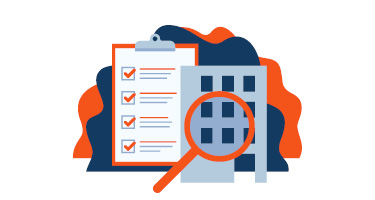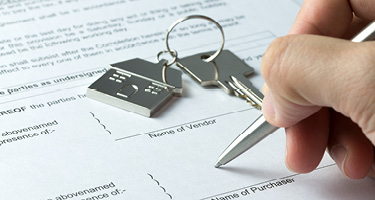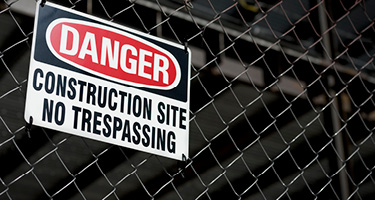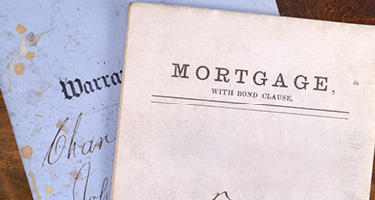When leasing commercial real estate, careful consideration and informed decision-making are vital. Whether a transaction involves a company or organization seeking expansion, a budding startup in pursuit of its first office space or an investor exploring lucrative opportunities, there are nuances to commercial real estate leasing that require attention.
We have compiled this “leasing commercial real estate checklist” to help guide discussions with a commercial real estate lawyer before signing a lease.
Tips for Leasing Commercial Real Estate
Tip 1: Understand Your Business Needs
Understanding one's business needs plays a pivotal role when leasing commercial real estate. It enables an entity to find a space that aligns with its specific requirements, facilitating optimal operations and productivity. By thoroughly assessing their space requirements, such as the desired square footage, layout and amenities, a business can identify the ideal commercial property that meets its unique demands.
Tip 2: Conduct Due Diligence
When leasing commercial real estate for a business, conducting due diligence is a vital step in ensuring a sound and secure leasing decision. It involves a thorough investigation and examination of the property and its surrounding factors to assess any potential risks or issues before committing to a lease agreement.
By conducting due diligence, one can uncover crucial information about the property that may impact both business operations and financial well-being. Due diligence includes:
- Assessing the property's physical condition.
- Identifying any existing or potential structural problems.
- Evaluating its compliance with building codes and regulations.
Understanding the property's condition allows you to anticipate maintenance and repair costs, negotiate lease terms and make informed decisions regarding its suitability for business needs.
Due diligence also involves investigating the property's location and its impact on your business. This includes examining:
- The neighborhood demographics.
- Nearby amenities.
- Accessibility to transportation.
- Proximity to target markets or customer bases.
Such information helps you assess the property's potential for attracting customers, employees and business opportunities.
Finally, conducting due diligence involves verifying the property's legal and financial aspects. This includes reviewing property tax records, title deeds, survey reports, lease history and any outstanding liens or legal disputes. Evaluating these factors ensures that you are entering into a lease agreement with a clear understanding of your legal rights and responsibilities, mitigating potential legal risks and financial liabilities.
Tip 3: Review and Understand Insurance Requirements
Understanding insurance requirements when leasing commercial real estate is vital for several reasons. It ensures that an organization has the appropriate insurance coverage to protect your business, assets and liability within the leased premises. By understanding the insurance requirements specified in the lease agreement, a business can verify if existing insurance policies are sufficient or if there is a need to obtain additional coverage.
Complying with insurance requirements also helps mitigate potential risks and financial burdens. The lease may outline specific types and minimum coverage limits for property insurance, general liability insurance and potentially other specialized coverages. Meeting these requirements not only protects you from financial loss in the event of property damage, accidents or lawsuits, but also demonstrates your compliance with the lease terms, reducing the risk of breaching the agreement.
Tip 4: Seek Legal Advice
Seeking legal advice early in the process of leasing commercial real estate is a crucial step that can provide invaluable protection and ensure that a company’s best interests are safeguarded throughout the leasing process.
In real estate, commercial lease agreements are complex legal documents that often contain intricate provisions and clauses. By consulting with a knowledgeable commercial real estate attorney, one can gain a comprehensive understanding of the lease terms and conditions, allowing them to negotiate more effectively and avoid potential pitfalls.
A commercial real estate attorney can review the lease agreement, identify any unfavorable terms and offer expert guidance on negotiating more favorable conditions. They can help to
- Navigate through legal jargon.
- Clarify ambiguous clauses.
- Ensure that your rights and obligations are clearly defined.
Additionally, when leasing commercial real estate, a lawyer can provide insights on local laws, regulations, and zoning requirements, ensuring compliance and mitigating any legal risks associated with the property.

































